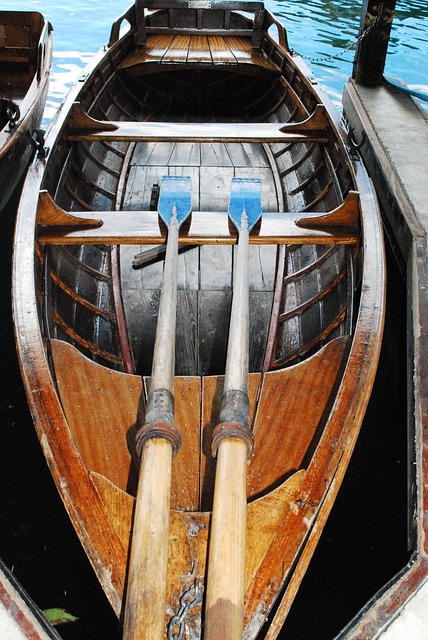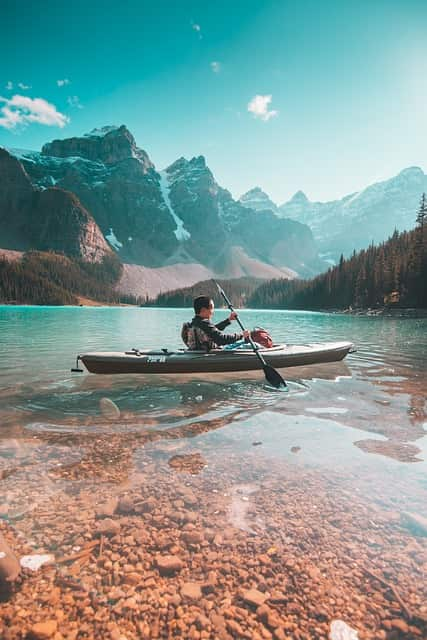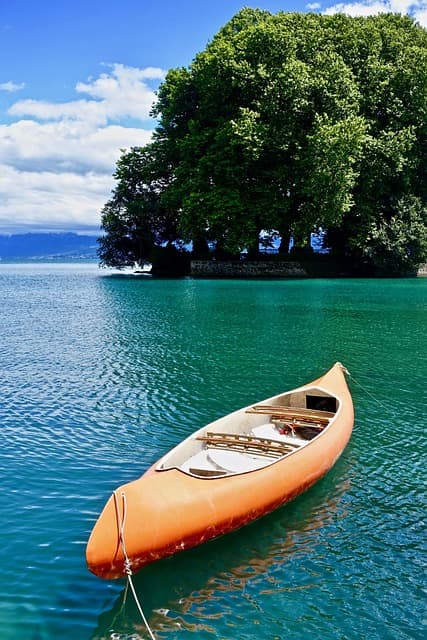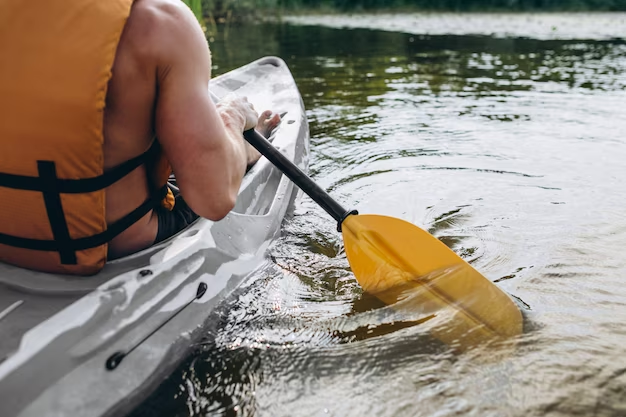When it comes to enjoying the scenic waters of Wisconsin with a canoe or kayak, navigating the legal requirements is just as important as navigating the waterways. Understanding the rules set forth by the Wisconsin Department of Natural Resources ensures not only your safety but also compliance with the state’s boating regulations. Let’s delve into the specifics of canoeing and kayaking laws in Wisconsin.
Overview of Wisconsin Canoeing and Kayaking Laws
- Governing Body: The Wisconsin Department of Natural Resources holds the responsibility for determining laws and statutes related to boater licensing and vessel registration. Different law enforcement officers, including County Sheriffs, local Police, and Conservation Officers, enforce Wisconsin’s boating laws. On Federally controlled waters, such as the Great Lakes, U.S. Coast Guard Officers handle enforcement.
Registration Requirements
- Non-Motorized Canoes and Kayaks: If your vessel is non-motorized, powered only by muscles or wind, you are in luck. Non-motorized canoes and kayaks do not need to be registered or licensed in Wisconsin. This exemption applies to vessels of all sizes;
- Motorized Canoes: Canoes and kayaks with a motor, such as a trolling motor or a small outboard gas or diesel motor, must be registered. If your motorized canoe is registered in another state, and you plan to use it in Wisconsin waters for less than 60 days, registration in Wisconsin is not required.
Operator Requirements and Age Restrictions
- Motorized Vessels: Operating a motorized vessel in Wisconsin typically requires a boating safety certification card. However, if you were born before 1989, you are exempt from this requirement. Those born after 1989 need this certification. Children under 10 years old cannot operate any motorized craft, while 10 and 11-year-olds can operate a motorized canoe if accompanied by an adult allowed to operate the same vessel. Operators aged 12-15 can use a motorboat with an adult present or after completing a recognized boating safety course. Those over 16 require a valid boating safety certification or adult accompaniment.
Safety Equipment Requirements
- Life Jackets (PFDs): All canoers and kayakers, regardless of age, must have a US Coast Guard-approved personal flotation device (PFD) aboard. Children under 13 must wear a PFD at all times while the vessel is moving on federally controlled waters;
- Sound-Making Device: An efficient noise-making device is necessary for signaling on the water;
- Lighting: If you’re canoeing or kayaking away from the dock at night (more than 200 feet from shore), you need appropriate lighting. Canoes and kayaks must have a bright white light visible from all sides for 2 miles.
Comparison Table
We have made a comparison table for your convenience, we suggest you pay attention to it.
| Aspect | Non-Motorized Canoes/Kayaks | Motorized Canoes/Kayaks |
|---|---|---|
| Registration | Not required | Required |
| Title | Not required | Required |
| Cost to Register | Not applicable | Applicable |
| Operator Age Requirements | No age restrictions | Age restrictions apply |
| Boating Safety Certification | Not required | Required (born after 1989) |
| Accompanied by Adult | Not required | Required for certain ages |
| Operating Under the Influence | Prohibited | Prohibited |
| Life Jackets (PFDs) | Required on board | Required on board |
| Age Requirement for PFDs | All ages | Under 13 years |
| Nighttime Lighting | Required with certain rules | Required with certain rules |
| Noise-Making Device | Required | Required |
| Emergency Locator Beacons | Recommended, not required | Not required |
| Visual Distress Signals | Required on federally controlled waters | Not required |
| Fire Extinguisher Requirement | Not required | Not required |
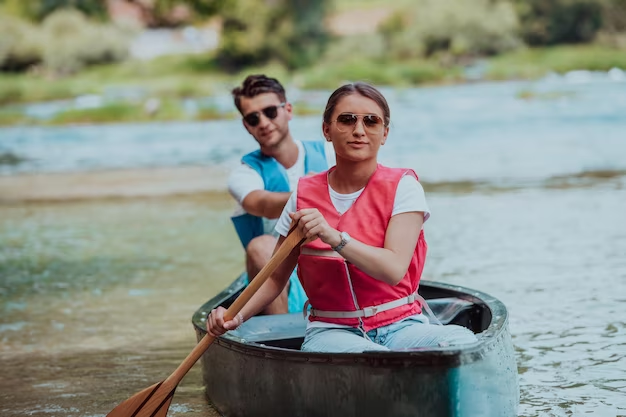
Video Explanation
To make all your questions finally fall away, we found a detailed video explanation, let’s watch it.
Conclusion
Enjoying Wisconsin’s beautiful waterways in a canoe or kayak can be a fantastic experience. Remember, non-motorized vessels are exempt from registration, but safety regulations must be followed diligently. Always prioritize your safety by wearing a PFD and having essential safety equipment on board. By adhering to Wisconsin’s boating laws, you can make the most of your paddling adventures while staying within the legal boundaries.
FAQ
No, if your canoe or kayak is non-motorized and powered only by muscles or wind, you are not required to register or license it in Wisconsin. This exemption applies to vessels of all sizes.
Yes, canoes and kayaks with a motor, such as a trolling motor or a small outboard gas or diesel motor, must be registered in Wisconsin. However, if your motorized canoe is already registered in another state, and you plan to use it in Wisconsin waters for less than 60 days, registration in Wisconsin is not mandatory.
Yes, there are age requirements. Anyone under the age of 10 is not permitted to operate a motorized vessel (canoe or kayak with a motor) under any conditions. A child who is 10 or 11 years old may operate a motorized vessel if accompanied by an adult who was either born before January 1, 1989, or holds a valid boating safety certificate. For those aged 12-15, operating a motorboat is allowed with an adult present or after completing a recognized boating safety course. Those over 16 need a valid boating safety certification or must be accompanied by an adult who meets the eligibility criteria.
Yes, all canoers and kayakers, regardless of age, are required to have a US Coast Guard-approved personal flotation device (PFD) on board. Additionally, children under 13 years old must wear a PFD at all times while the vessel is moving on federally controlled waters.
